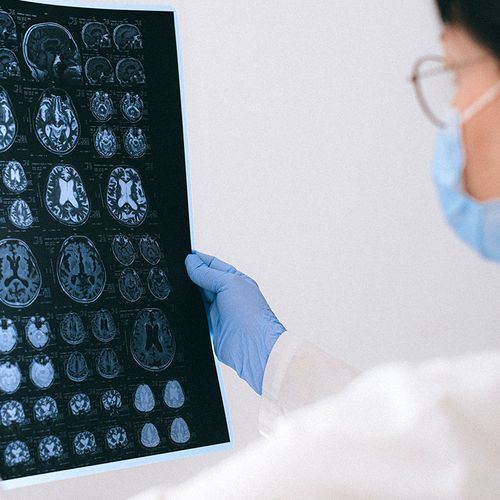Neurologists say they've developed a quick test to assess the risk if someone who suffers a transient ischemic attack (TIA) or "ministroke," will have a major stroke in the following 48 hours.
"It's important to assess the immediate danger, because half of those strokes will occur within the first two days after a TIA," said lead author Dr. S. Claiborne Johnston, associate professor of neurology at the University of California, San Francisco. About 240,000 TIAs are diagnosed in the US each year, and up to 20% of them are followed by a major stroke.
The New Test
The test combines elements of two earlier predictive assessments. Those tests were designed to determine the risk of a stroke within seven and 90 days, respectively.
The new test can be administered in a few minutes. It measures blood pressure, speech impairment, weakness on one side of the body, diabetes and age.
Using the tests on a large number of people who had TIAs showed that 21% were at high risk, meaning they had a 1-in-12 chance of having a stroke in the following 48 hours. Another 45% were classified as being at moderate risk, with a 1-in-25 chance of a stroke.
"This is the first large-scale study to validate these scores," Johnston said. "We are at a new level where we feel confident that the scores are useful in clinical practice in the Western world."
Action Plans
The test can help determine which patients should be hospitalized and which can safely be sent home. "We are hoping that neurologists, emergency physicians and primary care doctors will hear about this score and start using it widely," Johnston said. "Currently, it doesn't seem that physicians are making decisions based on risk. They are hospitalizing people whether they are at high risk or not."
Dr. Brett L. Cucchiara, assistant professor of neurology at the University of Pennsylvania, said he currently hospitalizes every patient who suffers a TIA. The reason, he said, is the real doubt about the value of all risk-assessment tests.
Cucchiara's view of the new report is that it is "very interesting and suggests that this strategy may be useful. But we really need to see these kinds of findings replicated by an independent group before they are ready for prime time."
